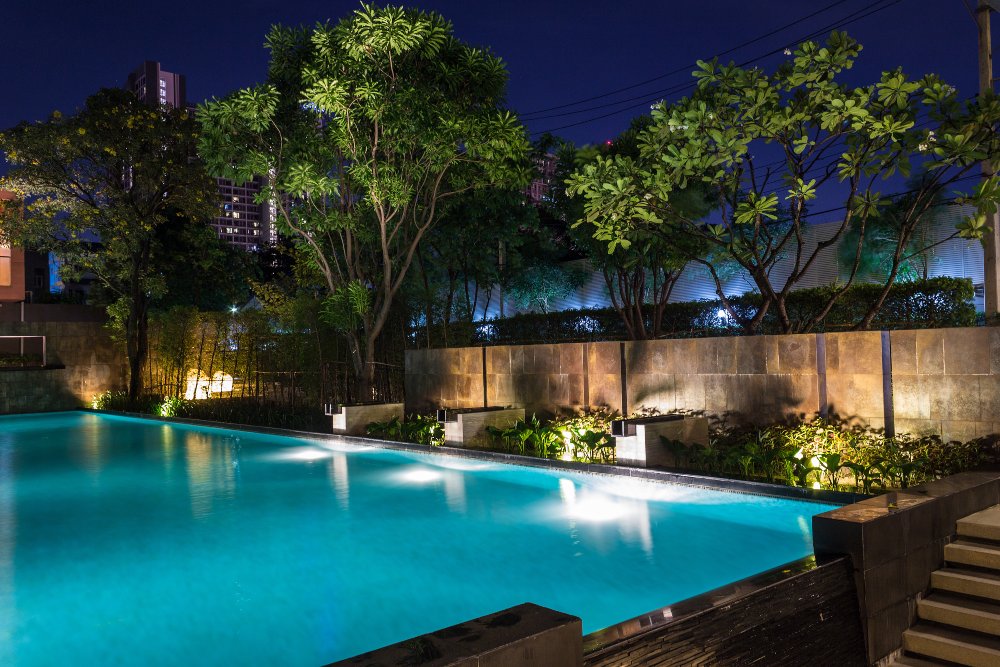
If you’re using holiday lights, there are several things you should keep in mind to prevent an electrical fire. First of all, make sure that the electrical wiring in your home is safe. Do not overload extension cords and check for frayed or damaged lights. Also, avoid placing lights near doors and GFCI outlets.
Avoid overloading extension cords
To avoid overheating and fire hazards, always make sure to avoid overloading extension cords when holiday lighting. It is also important to check the insulation on the extension cord before using it. If there are cracks or tears in the insulation, dispose of it properly. If you use a multi-slot cord, make sure to keep it out of reach of small children.
Extension cords should be rated for either indoor or outdoor use. An outdoor cord will not be as well insulated against sunlight and elements, so always purchase one that is labeled for both indoor and outdoor use. Also, be careful not to overload power strips and wall outlets by using multiple plugs at once.
Check for frayed or damaged lights
During the holiday season, it’s important to inspect your holiday lights to make sure that they are in good condition. Using a bulb tester can help you detect damaged bulbs. You should follow the manufacturer’s instructions when using a bulb tester. You should also replace any damaged bulbs, so that you won’t have to worry about future lighting issues. You should also check your cords for frayed or damaged holiday lights, which could lead to future electrical problems.
Before hanging your holiday lights, you should inspect them for frayed or damaged cords. Damaged cords can cause an electrical short, which could damage other lights or cause a fire. You should also avoid hanging holiday lights in areas where they may burn or catch fire.
Avoid overloading GFCI outlets
When deploying holiday lights, it’s important to make sure you don’t overload GFCI outlets. This type of outlet protects your home from electrical fires and other hazards posed by overloading. This type of outlet also protects your electrical appliances from damage and power outages. This is especially important for holiday lights that require a lot of power.
It’s not uncommon to see GFCI circuits trip due to prolonged use. If you’re using lights for long periods of time, make sure they’re switched on a timer to avoid the risk of overloading your GFCI. If timers aren’t available, consider using temporary plug-in photocells to prevent overloads. In addition, avoid traditional timers that don’t have a battery backup.
Avoid placing lights near metal trees
If you are putting up holiday lights, make sure to avoid placing them near metal trees or branches. Not only do they create a tripping hazard, but they also conduct electricity. In order to avoid this, make sure to buy modern lights that include safety features. You should also avoid using old lights, which can cause a fire. Metal conducts electricity, and frayed wires can energize the tree and cause it to catch on fire. During the holiday season, house fires caused by Christmas trees are common. For safety reasons, watering your trees before lighting them will make them less flammable.
Once your Christmas lights are up, make sure to check that they work and replace burned-out bulbs with new ones of the same wattage. Additionally, check the water level of your trees regularly to ensure that they are not drying out too quickly. Children love to play with shiny objects, and holiday lights are especially dangerous when placed near metal. Make sure your Christmas decorations comply with OSHA standards.

